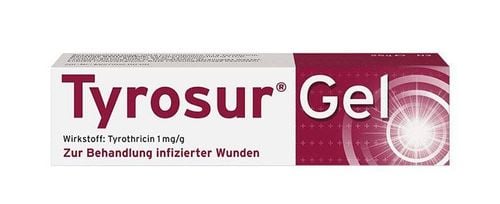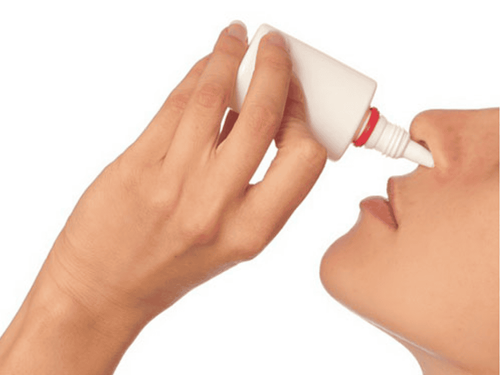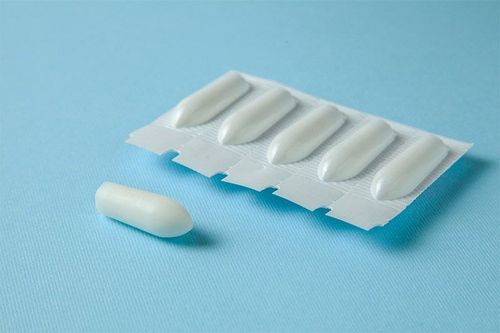This is an automatically translated article.
The use of antihistamines in pregnant and lactating women should be cautious because some drugs can be excreted in breast milk and affect the health of the newborn.
1. Classification of Antihistamines
Oral antihistamines are a group of drugs that inhibit the action of histamine at the H1 receptor, which is classified into 2 groups:
1st generation antihistamines (causes drowsiness) 2nd generation antihistamines (does not cause drowsiness) sleepy). Antihistamines are indicated in the treatment of allergic rhinitis, especially seasonal allergic rhinitis (hay fever) and vasomotor rhinitis. The drug is also effective in preventing urticaria, treating urticaria rash, itching, insect stings and drug allergies. During pregnancy, many women have allergic conditions, allergic rhinitis, bronchial asthma, urticaria or eczema, so it is necessary to use anti-allergy medicine. But the use of antihistamines for pregnant women, it is necessary to absolutely follow the doctor's instructions, only those drugs with sufficient evidence of safety should be used.
For, all H1 antihistamines have many side effects, so they must be used correctly in terms of dosage and duration of medication prescribed by the doctor. It is necessary to monitor for drug allergic reactions when used for special subjects such as: children, pregnant and lactating women and the elderly.

Thuốc kháng Histamin đường uống
2. Using antihistamines with pregnant women
2.1. Antihistamines of the 1st generation
Antihistamines commonly used in allergic rhinitis act on the H1 histamine receptors. To date, no drug in this class has been reported to increase fetal risk when used at any stage of pregnancy.
2.2. 2nd Generation Antihistamines
Currently, 2nd generation antihistamines are preferred because they do not cause CNS side effects (eg, somnolence) and they are available without need. prescription. Some commonly used second-generation antihistamines are cetirizine, desloratadine, fexofenadine, and loratadine.
The drug loratadine, desloratadine is very unlikely to be excreted in breast milk, has no sedative effect, so no unwanted effects on pregnant women have been reported. According to a study, when taking 40mg of the second generation antihistamine loratadine, only 11.7mcg of loratadine and its metabolites were present in breast milk, the highest drug concentration in the first 2 hours of taking the drug. In another study, only 0.46% of loratadine and 1.1% of desloratadine were excreted in human milk. When taking second-generation antihistamines at normal low doses, the drug is excreted in breast milk very little. Therefore, for lactating women, second-generation antihistamines should be used because they are rarely excreted in milk and have little effect on lactation.
However, when treating with antihistamines for pregnant women, you should use them with caution and do not recommend long-term use because they are associated with sedative effects or cause restlessness and irritability in the baby. new-born. You need to weigh the benefits and risks before choosing treatment with antihistamines.

Phụ nữ có thai không nên sử dụng thuốc khi chưa có ý kiến của bác sĩ
3. Use of antihistamines in breastfeeding women
Priority should be given to choosing antihistamines commonly used for young children because these drugs will be safer. Antihistamines should be used immediately after breastfeeding or at least 2-4 hours before breastfeeding to limit the amount of medicine in the baby. Do not use long-acting antihistamines because the drug will be present in the mother's blood and milk supply for a long time. You should use the lowest effective dose for the shortest possible time. When using antihistamines for breastfeeding women, they should pay attention to changes in the child's behavior and condition such as aborting, drowsiness, weight loss, diarrhea... When these symptoms are present, Parents should take the child to the doctor to find out the exact cause. You need to read the drug leaflet carefully, and should consult your doctor or pharmacist in case of using antihistamines for breastfeeding women.
For more detailed information, please contact the hospitals and clinics of Vinmec Health system nationwide
Please dial HOTLINE for more information or register for an appointment HERE. Download MyVinmec app to make appointments faster and to manage your bookings easily.
MORE
Notes on using laxatives to treat constipation in pregnant women Notes when using emergency contraception in women who are breastfeeding Note when using gynecological suppositories for pregnant women













